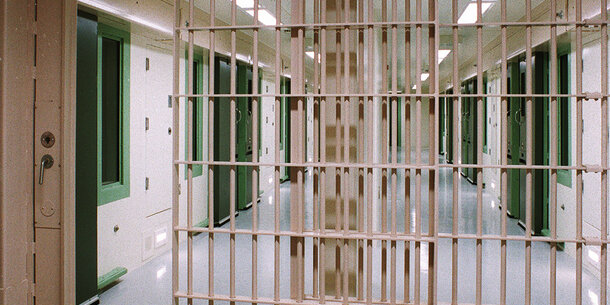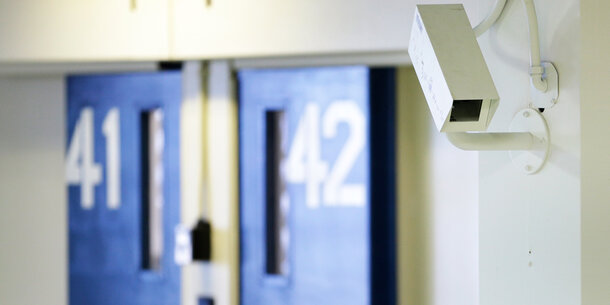More than 2 million people are held in one of America’s thousands of correctional facilities, and many of these places are unsanitary, overcrowded and dangerous. Further, prisons often provide little to no effective rehabilitation, treatment, employment, or educational opportunities. Compounding the issue, correctional agencies nationwide are facing historic reductions in staff and retention challenges.
These institutions must do better. Creating safe environments for both staff and the people held there should be a top priority, along with fostering constructive interactions that recognize individuals’ inherent dignity.
There are more humane and effective models that have emerged from European countries like Germany, the Netherlands, and Scandinavia. American criminal justice leaders have traveled there to learn about their humanistic approach to criminal justice and imprisonment, sparking numerous initiatives seeking to adapt a similar rehabilitation-focused model.
For decades, some correctional leaders have already taken steps to prioritize such reforms. These include reducing solitary confinement, offering vocational opportunities aligned with the modern job market, and advocating for legislative changes to decrease the number of incarcerated people and shorten their sentences.
By implementing a more humane approach to criminal justice and imprisonment, prisons and jails can become safer for those who work and are incarcerated there, ultimately increasing the chances of success for people after they leave. The Brennan Center recognizes the importance of highlighting the innovative work happening in the field. By focusing on not only the benefits of these initiatives but also the related opportunities and challenges, we hope to provide new, sustainable, and scalable solutions that jurisdictions can adopt and invest in.








